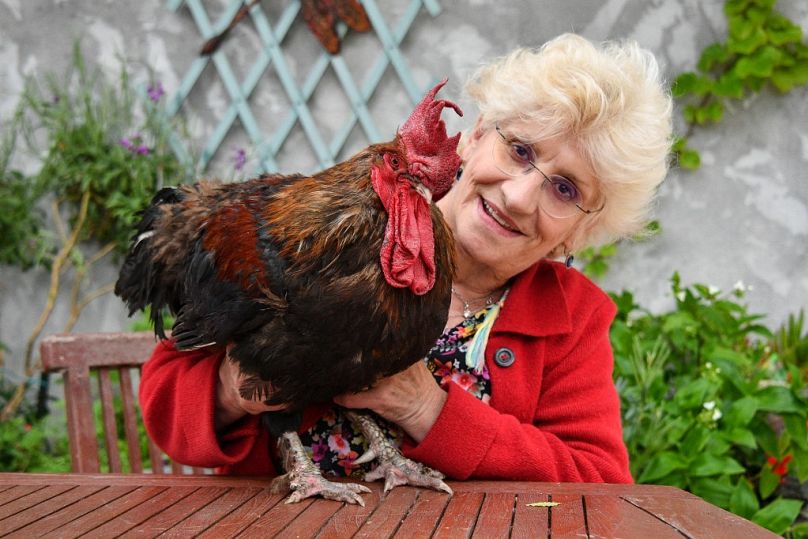The new ‘countryside sounds and smells law’ aims to give more protection to existing farms from newly arrived residents in the area.
City slickers who move to the French countryside, only to find the noise of crowing roosters, dogs barking, agricultural machinery or the smell of manure too much to bear, will no longer find it so easy to file a complaint.
 ADVERTISEMENT
ADVERTISEMENT
 ADVERTISEMENT
ADVERTISEMENT
The French parliament has passed a law aimed at limiting conflicts between neighbours and avoiding "abusive" lawsuits from "neo-rural residents" against farmers.
The bill, put forward by ruling majority MP Nicole Le Peih and supported by President Emmanuel Macron's centrist government, was approved 78 votes to 12 and will now proceed to the Senate.
Justice Minister Eric Dupond-Moretti said on social media platform X: "This law will put an end to abusive lawsuits against farmers who do nothing but their job: feed us. It is a common-sense proposal, country-side common-sense".
France and other Alpine nations have had a long history of conflicts between former city dwellers and their new countryside neighbours.
In 2021, France introduced legislation to protect "the French countryside's sensory heritage".
But the “Maurice the Rooster law” has proved hard to enforce with complaints filed for "abnormal neighbourhood disturbances" being - up until now - left to the discretion of judges.
Nearly 500 farmers are currently facing lawsuits from neighbours taking issue with noise, or smells, emanating from their farms, according to BFM TV.
In 2019, Maurice who lived on the coastal island of Saint-Pierre-d’Oléron in New Aquitaine, was allowed to keep crowing after objectors lost their suit against its owner.
The new law is broader, stipulating that no resident can use the law to challenge the activity of farmers who were operating there before they arrived.
Thus, if a neighbour is bothered by an operation being carried out before their arrival, he will not be able to file a complaint.
“It is also the way to guarantee uniform application across the entire national territory,” Nicole Le Peih said.
It does not, however, "give a blank cheque" to those responsible for "abnormal disturbances" in the neighbourhood, she emphasised.
If the activity does not comply with legislation or regulations, particularly in environmental matters, the person responsible will be held liable.
"Proud to support those who work in our fields. Now to the Senate," farming union FNSEA Deputy Chairman Luc Smessaert said on X.











